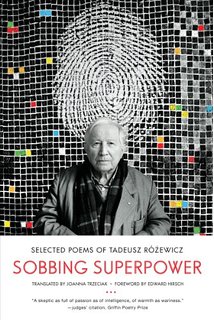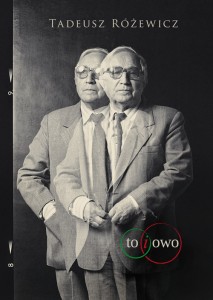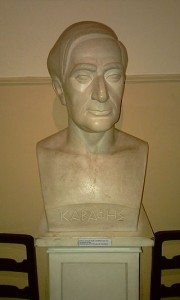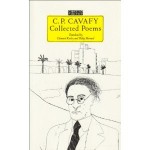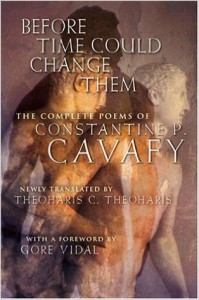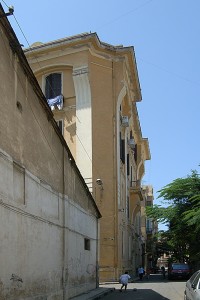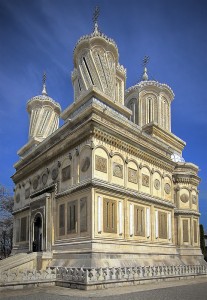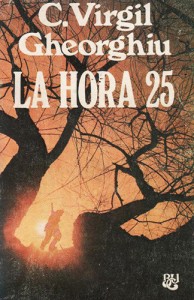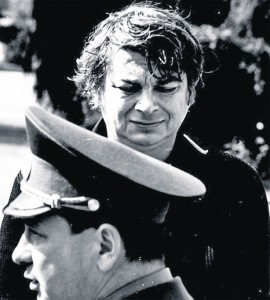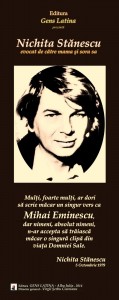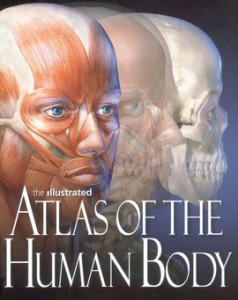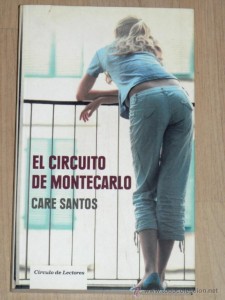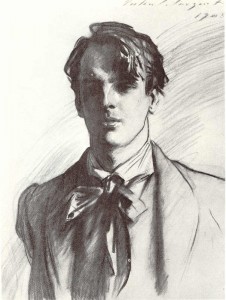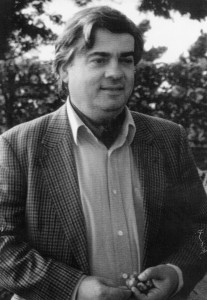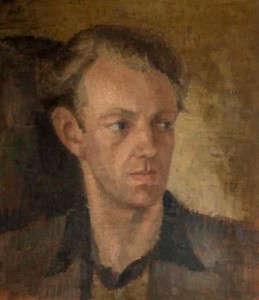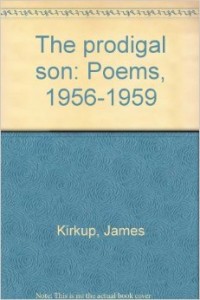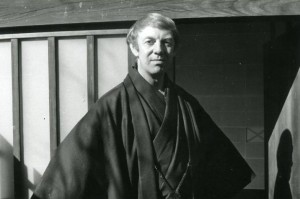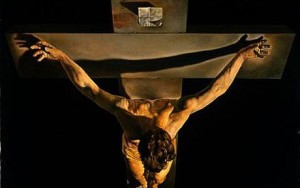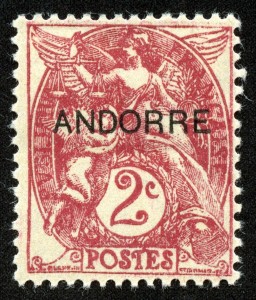Poetry in Translation (CCCXLVIII), Charles BAUDELAIRE (1821-1857) FRANCE: “The Murderer’s Wine”, “Nevasta a murit”, “Le Vin de l’assassin”
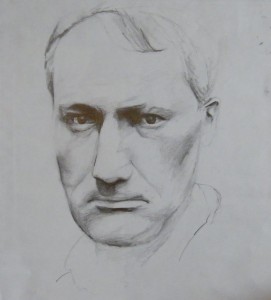
Ando HOL – Sketch of Charles BAUDELAIRE
The Murderer’s Wine
Charles BAUDELAIRE
My wife is dead and I am free!
And I can guzzle all I want.
When I came home without a cent
Her crying knifed the heart in me.
I am as happy as a king;
The air is pure, the sky divine…
We had such sky another time
When first our love was blossoming!
The awful thirst I feel today
Would need, to get it rightly slaked,
All of the wine that it would take
To fill her tomb; – a lot to say:
I threw her in a well, and then
I even pitched some heavy stones
Out of the well-curb on her bones.
0, I’ll forget her, if I can!
Naming those vows of tenderness
From which no power can set us free,
To reconcile us, as when we
Loved with a drunken happiness,
One night, along a road I named,
I begged her for a rendezvous.
She came!-a crazy thing to do!
But more or less we’re all insane!
She was still pretty, though a sight –
Tired with age and troubles. I,
I loved her too much. That is why
I said to her: you die tonight!
No one can understand me. Crowds
Of loutish drunks, not one could think
In his most morbid nights of drink
Of turning wine into a shroud.
Scum of the earth, this doltish crew,
Like iron mechanisms all,
Never, in winter, spring or fall
Have understood what love can do.
Love with its dark, enchanting pains,
Troupe of anxieties from hell,
Its flasks of poison, tears as well,
Its rattlings of bones and chains!
– Now I am free and stand alone!
Dead drunk is what I’ll get right here
And then, without remorse or fear,
I’ll make my bed on dirt and stone
And sleep as any dog would do!
That cart with heavy wheels, the truck
Loaded with rocks and city muck,
That runaway I welcome to
Come crush my head, or it might well
Cut me in half right where I am,
And I don’t give a good god-damn
For God, Communion, or for Hell!
Rendered in English by James McGowan
* * * * * * *
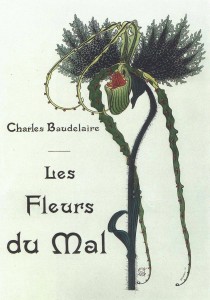
Nevasta a murit
Charles Baudelaire (1821-1857)
Nevasta a murit această seară,
Sunt liber, pot să beau, fetiţă…
Când mă-ntoarceam acasă, criţă,
Zbiera, de îmi tăia suflarea.
Acum, din nou, sunt fericit;
Ceru-i senin , de prima oară…
O cunoşteam doar de o vară,
De ea, când m-am îndrăgostit.
Setea ce-aveam, necontenit,
Cerea, de sticle, o duzină
Să beau atât încât să ţină
Sicriul său afurisit:
Am aruncat-o-ntr’o hazna…
Ca s-o împing, cât mai la fund,
Am pus şi pietrele din prund,
S-o uit, măcar de aşi putea!
Pentru iubirea ce-am avut,
Ce nu se poate dezlega,
Ca să ne re-mpăcăm, aşa,
Ca-n timpul vieţii din trecut,
Un rendez-vous, când i-am cerut,
Târziu, în noaptea fără lună,
Ea a venit – era nebună,
Iar eu – de nerecunoscut…
Ea mi-a părut ca o mireasă,
Deşi era cam istovită…
Era să cad într-o ispită …
Şi-atunci i-am zis: să mori frumoasă!
Nimeni n-o să mă înţeleagă…
Doar un beţiv şi un netot,
Mi-a zis, când se găsi beat- mort,
Să o înnec în vin, degrabă.
Această fiinţă, prea ingrată,
Ca tăvălugul de oţel,
Nu a trăit, nicicând, defel,
O dragoste adevărată,
Cu nopţi de-amor, pe îndelete,
Cu doliul negru, din senin,
Cu porţia de lacrimi şi venin,
In zgomot de cătuse şi schelete!
Da-odată liber, iată-mă din nou!
Şi astă seară, iarăşi, fiind beat-tun,
Dar fără remuşcări, sau frică-n sân,
Culca-mă-voi, întins, ca-ntr-un cavou.
Şi voi dormi diseară , ca un câine,
Când trenu-accelerat trecând, în noapte,
Mă va tăia rapid, pe jumătate…
Iar roţile, din nou, pe dinainte,
Mă vor făcea, mărunt, o tocătură.
Vagoanele trecând în şir, mereu …
Dar eu m-oi lepăda de Dumnezeu,
De draci, de Serafimi şi de Scriptură.
Versiune în limba Română de Constantin ROMAN,
© 2015 Copyright Constantin ROMAN, London
* * * * * *
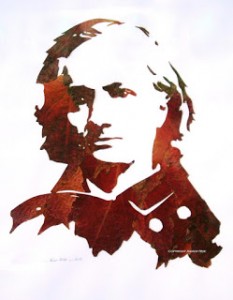
Charles Baudelaire by Xavier Ride
Charles Baudelaire (1821-1857)
Le Vin de l’assassin
Ma femme est morte, je suis libre!
Je puis donc boire tout mon soûl.
Lorsque je rentrais sans un sou,
Ses cris me déchiraient la fibre.
Autant qu’un roi je suis heureux;
L’air est pur, le ciel admirable…
Nous avions un été semblable
Lorsque j’en devins amoureux!
L’horrible soif qui me déchire
Aurait besoin pour s’assouvir
D’autant de vin qu’en peut tenir
Son tombeau; — ce n’est pas peu dire:
Je l’ai jetée au fond d’un puits,
Et j’ai même poussé sur elle
Tous les pavés de la margelle.
— Je l’oublierai si je le puis!
Au nom des serments de tendresse,
Dont rien ne peut nous délier,
Et pour nous réconcilier
Comme au beau temps de notre ivresse,
J’implorai d’elle un rendez-vous,
Le soir, sur une route obscure.
Elle y vint — folle créature!
Nous sommes tous plus ou moins fous!
Elle était encore jolie,
Quoique bien fatiguée! et moi,
Je l’aimais trop! voilà pourquoi
Je lui dis: Sors de cette vie!
Nul ne peut me comprendre. Un seul
Parmi ces ivrognes stupides
Songea-t-il dans ses nuits morbides
À faire du vin un linceul?
Cette crapule invulnérable
Comme les machines de fer
Jamais, ni l’été ni l’hiver,
N’a connu l’amour véritable,
Avec ses noirs enchantements,
Son cortège infernal d’alarmes,
Ses fioles de poison, ses larmes,
Ses bruits de chaîne et d’ossements!
— Me voilà libre et solitaire!
Je serai ce soir ivre mort;
Alors, sans peur et sans remords,
Je me coucherai sur la terre,
Et je dormirai comme un chien!
Le chariot aux lourdes roues
Chargé de pierres et de boues,
Le wagon enragé peut bien
Ecraser ma tête coupable
Ou me couper par le milieu,
Je m’en moque comme de Dieu,
Du Diable ou de la Sainte Table!
* * * * * * * *

Jamed McGowan – Illinois academic, poet & translator
SHORT NOTE: The English version of Baudelaire’s poem is by the American academic and poet James McGowan.
McGowan, who retired from Illinois Wesleyan in 2000, has been writing poetry since the 1960s, and spent 20 years teaching it to IWU students. He has worked together with Vayo for years. The seeds of the suite Vayo composed stemmed from an invitation in 2003 to visit McGowan’s classroom. “I wanted to talk to the students about the connection between music and poems. David is very good at improvising,” said McGowan. “You can present him with a poem and he’ll just go for it.”
By the 1980s, McGowan said his poetry took a backseat to translation work. He is known internationally for his translation of the French poet Charles Baudelaire, which English Department Chair James Plath noted is the standard resource used for studying Baudelaire’s works. McGowan also translated the German poet Wolfgang Borchert, together with Illinois Wesleyan’s Isaac Funk Professor Marina Balina (2006).
In the 1990s, many of McGowan’s poems were travel poems, stemming from his journeys to Greece and Italy. “I said I would never write a travel poem,” said McGowan, who followed the statement with a simple shrug. “So…I lied.” His poems in the 2000s were closer to home with such titles as “Flower Poem at Comlara Park” and “Walt Disney at Dawson Lake, a Fantasy.” He included a tribute to the graces of growing old in “Happy Poem for Anne,” which tells of an elderly couple sitting on a park bench. “It’s just a drowsy day,” he read, “a day to think slow thoughts. No wonder they nod and slump and drift off into dream.”
McGowan’s words lent themselves easily to music. “Several of the earlier poems flowed together so seamlessly,” he said, noting the three poems he strung together into the final continuous piece – “Little Venice, Mykonos,” “Tide, Rising, Maine,” and “Deepening Evening.” Each poem wove into a piece of a story, Vayo said. “‘Little Venice’ is about friends just taking in the scene. It invokes life and vigor,” said Vayo. “‘Tide Rising’ is a wonderful evocation of sitting on a rock with the tide coming in. It’s a funny story, but also could be a metaphor for encroaching death. ‘Deepening Evening’ contains mystical images of docking a boat at dusk that seem to be beyond the mystery of what happens after death.”
Source: Illinois Wesleyan University, news & Events, https://www.iwu.edu/news/2011/fea_McGowanandVayo_00310.html



